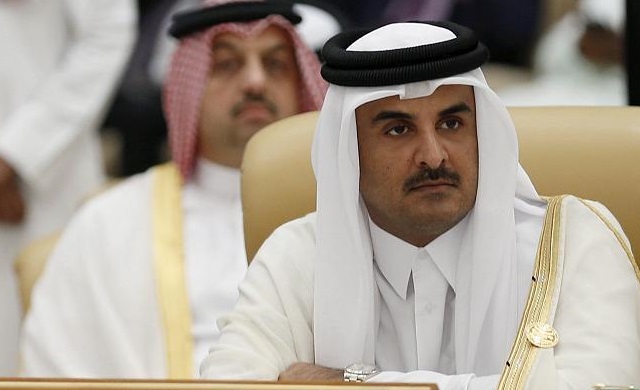Six Arab countries have severed all ties with the oil-rich state of Qatar. Saudi Arabia, Bahrain, the UAE, Libya, Egypt, and Yemen summoned their diplomats, shut down their borders, closed their airspaces, and barred further economic relations. All this comes as a retaliation to Qatar’s suggested financial backing of various Sunni extremist groups, the most notorious of which being ISIS and the Muslim Brotherhood.

Such diplomatic isolation of Qatar, a peninsular nation of 2.7 million, raises pressing concerns for Qatar’s various projects, industries, and infrastructural developments. Qatar imports up to 40% of its food from Saudi Arabia. With this border closed however, Qatar will be forced to rely upon food and material imports brought in by cargo ships and aircrafts. This will drastically drive up food prices and most likely serve as a catalyst for increases in inflation. Supermarket rushes have already been reported in the capital, Doha. Additionally, Qatar, which will host the 2022 World Cup, will face higher construction costs and delays, as it imports high quantities of construction materials over land each year, putting international investments into the World Cup at high risk.
Furthermore, Qatar’s large Gulf and North African expatriate population, a prosperous and critical aspect of Qatar’s economy, may leave the country. Emirati and Saudi firms could withdraw from Qatar indefinitely, and 180,000 educated Egyptian workers may be forced return to Egypt.
All blue-chip stock listed on the Qatar Stock Exchange tumbled this morning AST, with many Qatari energy and property companies experiencing declines as steep as 10%. QSE initially saw drops of 7% as investors reacted to the new diplomatic isolation with caution, and closed today (AST) down 7.27% in overall value. All 44 companies listed on QSE ended with stocks in the red. Fears over potential conflicts regarding further OPEC production cuts due to the diplomatic row saw Brent crude down 0.7% at eleven this morning BST, $49.57.


 Hot Features
Hot Features












